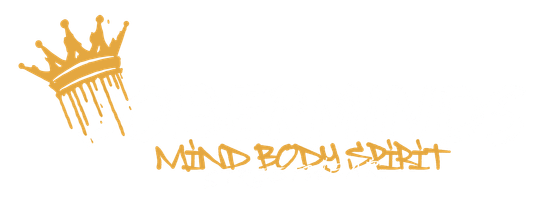SUBSCRIBE TODAY FOR MASSIVE DISCOUNTS
Self Forgiveness
The Art of Self-Forgiveness: A Journey to Healing
Forgiveness is a powerful act of self-compassion and growth. While we often think of forgiveness in the context of forgiving others, one of the most profound forms of forgiveness is learning to forgive ourselves. Yet, self-forgiveness can be one of the most challenging endeavors we undertake. How do we navigate this journey towards self-acceptance and healing? In this blog post, we will explore the art of self-forgiveness and offer practical steps to help you learn how to forgive yourself.
Understand the Importance of Self-Forgiveness
Before delving into the how, let's first explore why self-forgiveness is crucial:
- Release from Guilt and Shame: Self-forgiveness frees you from the heavy burden of guilt and shame, allowing you to move forward with a lighter heart.
- Healing and Emotional Well-Being: It promotes emotional healing, reduces stress, and contributes to overall well-being.
- Improved Self-Esteem: Self-forgiveness enhances self-esteem and self-worth, helping you cultivate a positive self-image.
- Personal Growth: It creates space for personal growth and transformation, enabling you to learn from your mistakes and make better choices in the future.
Steps to Practice Self-Forgiveness
- Acknowledge Your Actions: Start by acknowledging the actions or decisions you're struggling to forgive yourself for. Avoid denial or minimizing the situation.
- Feel Your Emotions: Allow yourself to feel the emotions associated with your actions. It's okay to feel regret, sadness, or anger.
- Practice Self-Compassion: Treat yourself with the same kindness and understanding you would offer a close friend in a similar situation. Remind yourself that everyone makes mistakes.
- Reflect and Learn: Reflect on the situation and consider what you've learned from it. How can you grow and make different choices in the future?
- Accept Imperfection: Embrace the fact that nobody is perfect. Mistakes are a part of being human, and they do not define your worth.
- Release Resentment: Let go of any resentment or anger you may hold against yourself. Holding onto these negative emotions only prolongs the healing process.
- Set Realistic Expectations: Recognize that self-forgiveness is a process, not a single event. It may take time, and setbacks are normal.
- Seek Support: If you're struggling to forgive yourself, consider seeking support from a therapist or counselor who can provide guidance and a safe space for exploration.
- Practice Self-Care: Engage in self-care activities that nourish your mind, body, and soul. This can include meditation, exercise, journaling, or spending time in nature.
- Affirmations and Positive Self-Talk: Replace self-criticism with positive self-talk and affirmations. Remind yourself of your inherent worth and capacity for growth.
- Pay It Forward: Sometimes, the best way to heal is by helping others. Use your experience to offer support and understanding to someone facing similar challenges.
Remember that self-forgiveness is a personal journey, and it may not happen overnight. It's a process of self-compassion, growth, and healing. By taking these steps and practicing self-forgiveness, you can release the weight of the past and embrace a brighter future filled with self-acceptance and love.
Display prices in:USD
